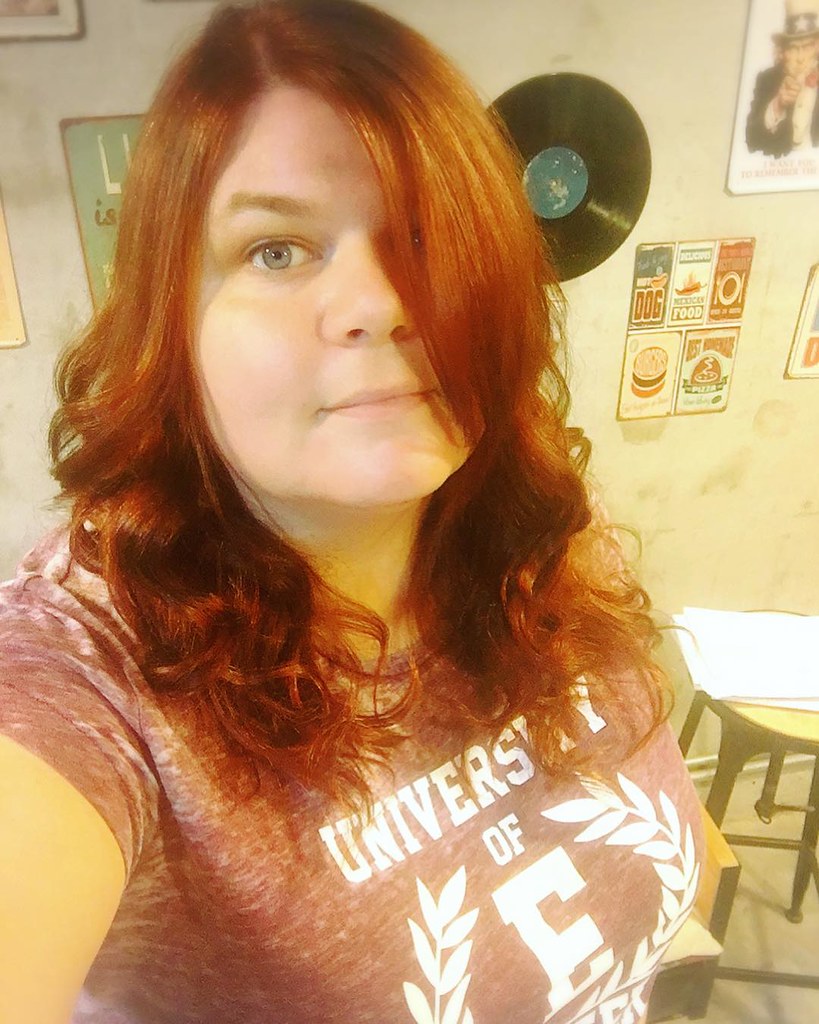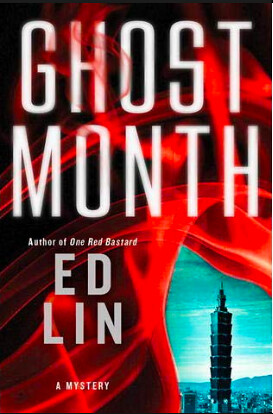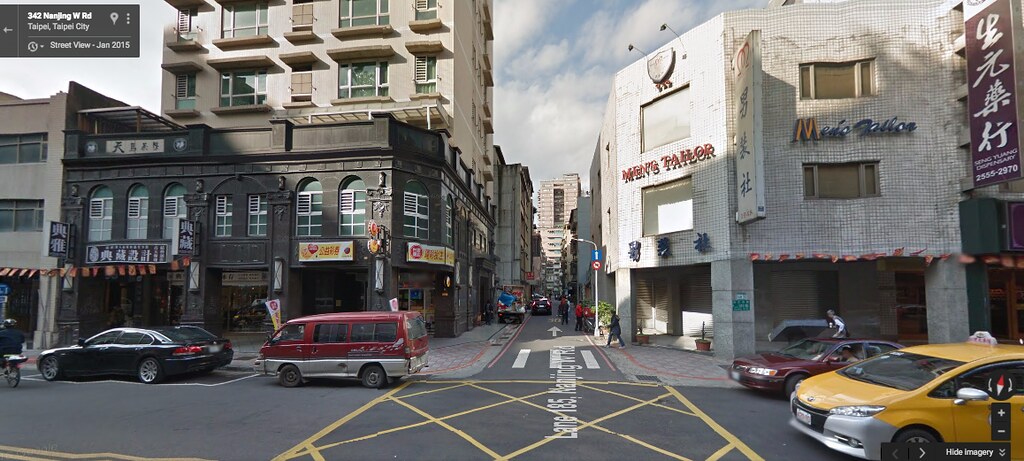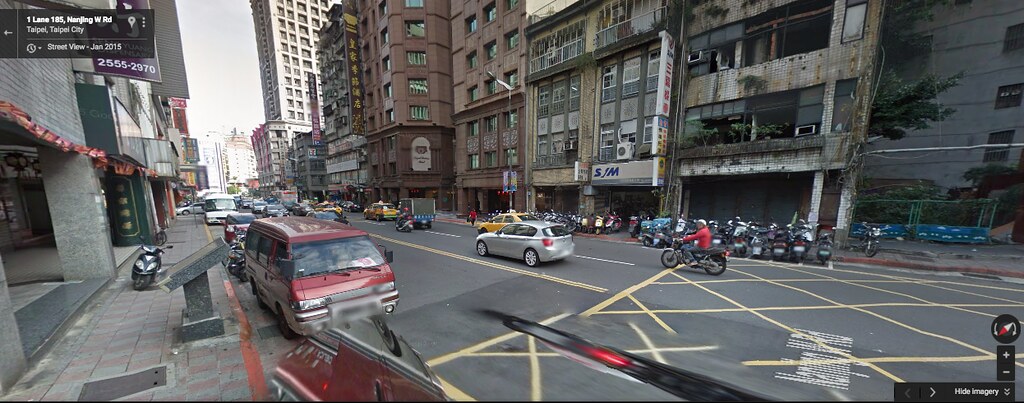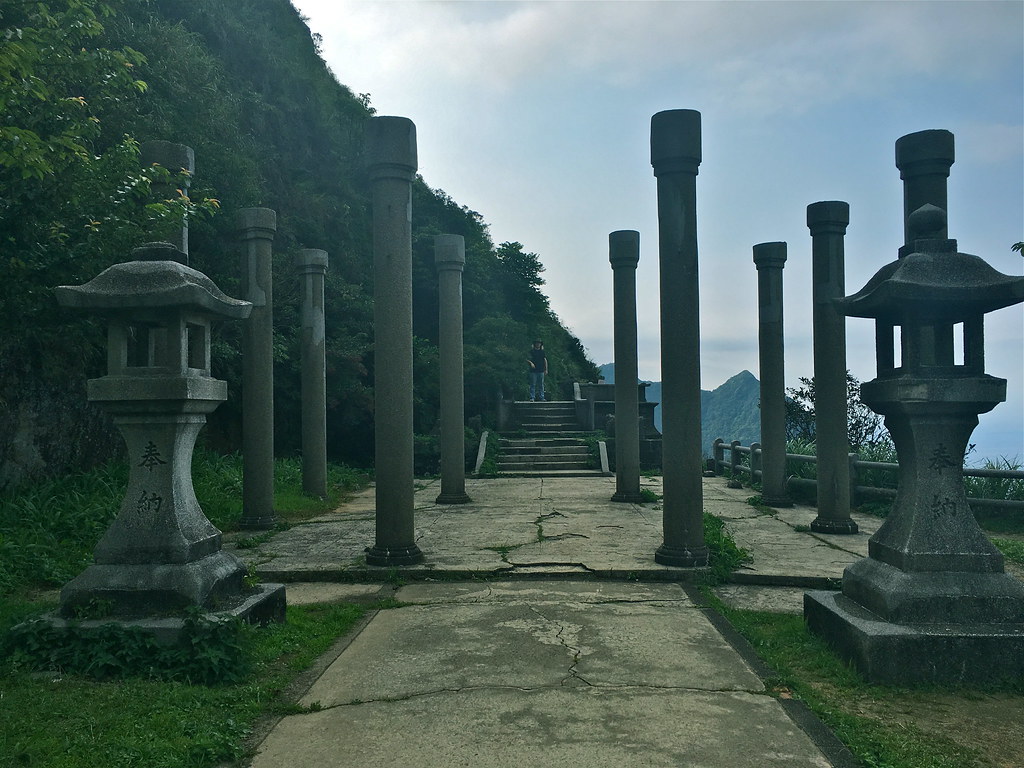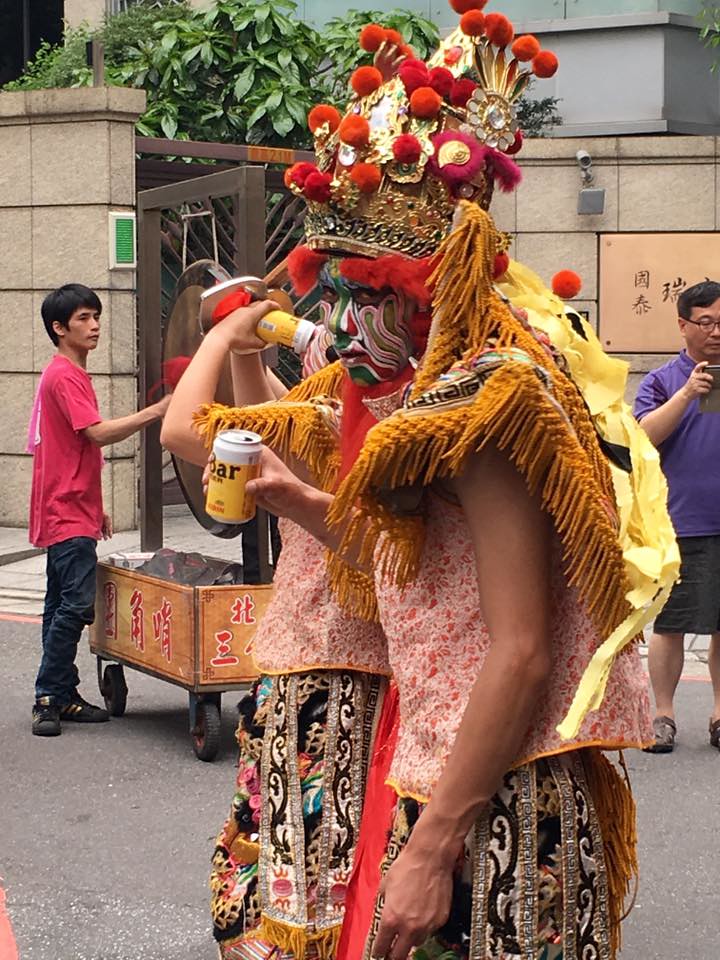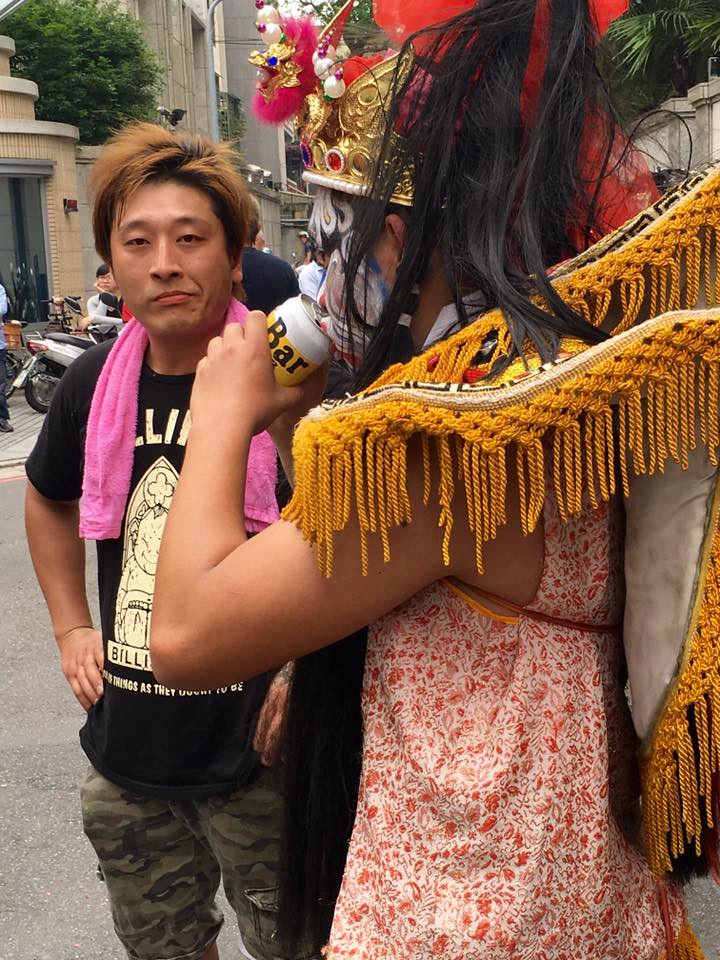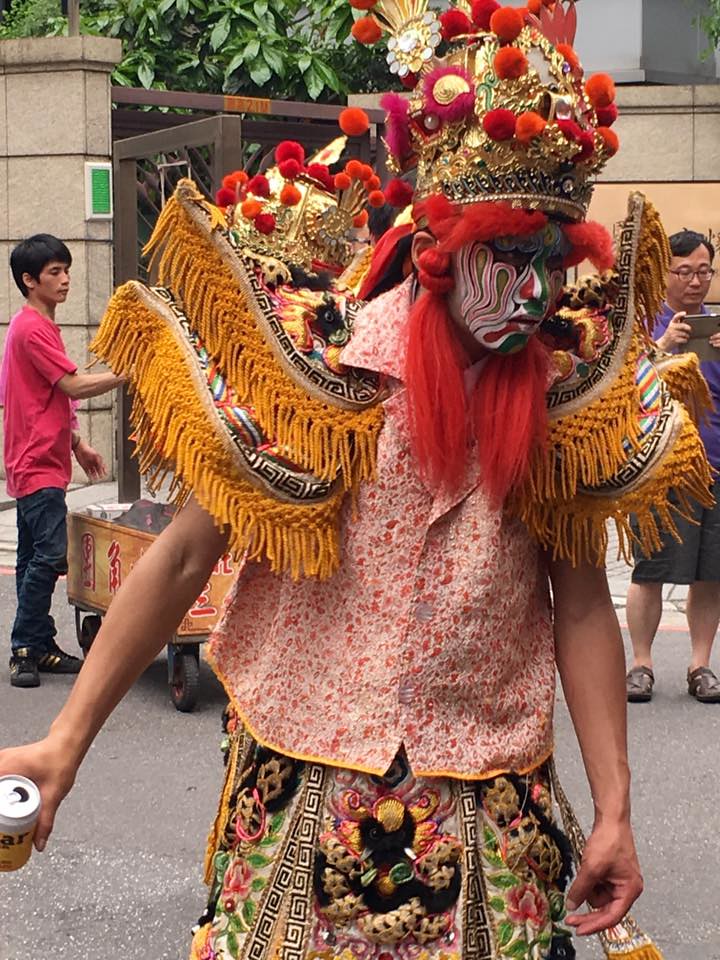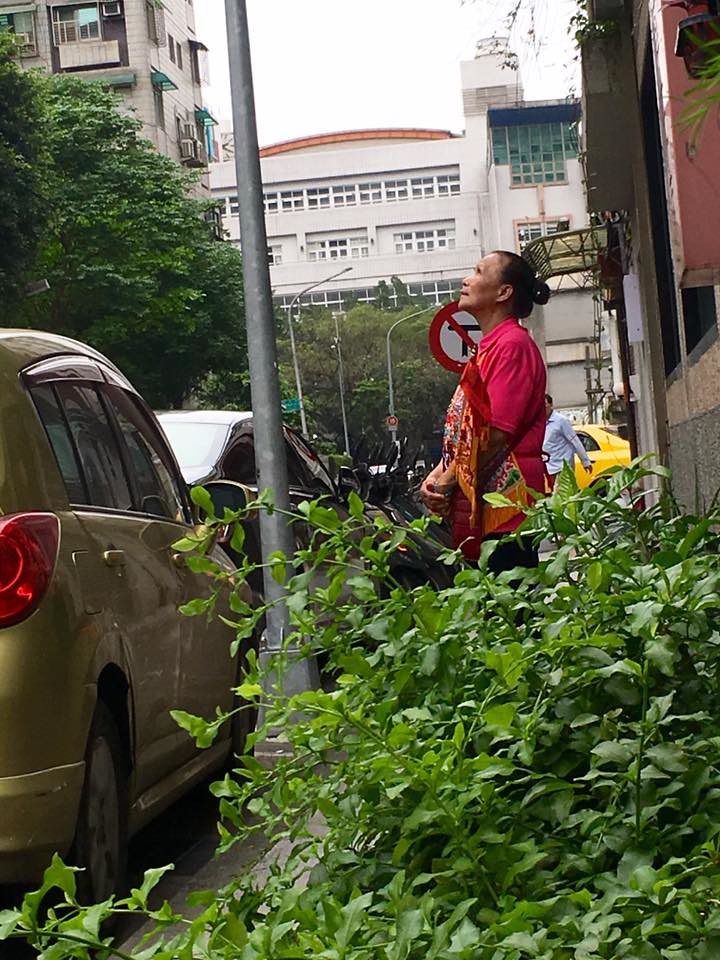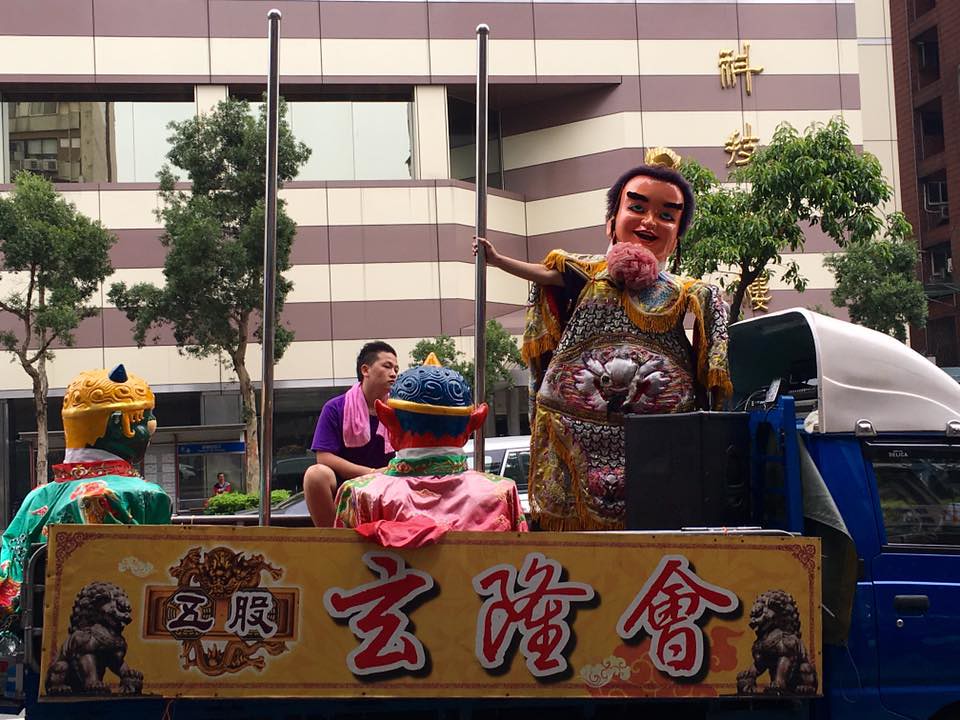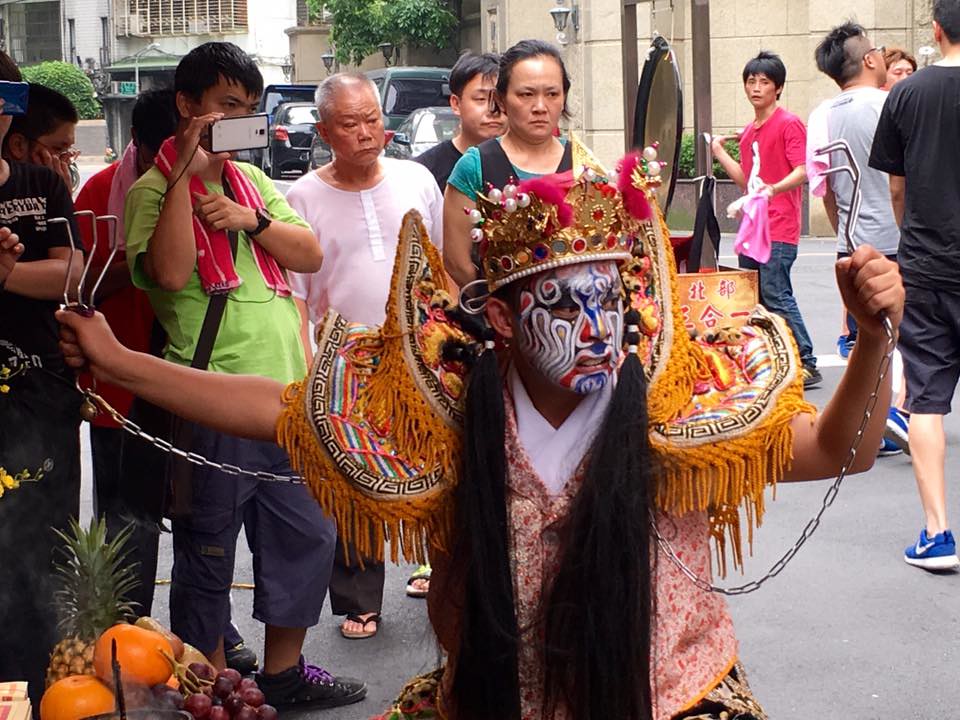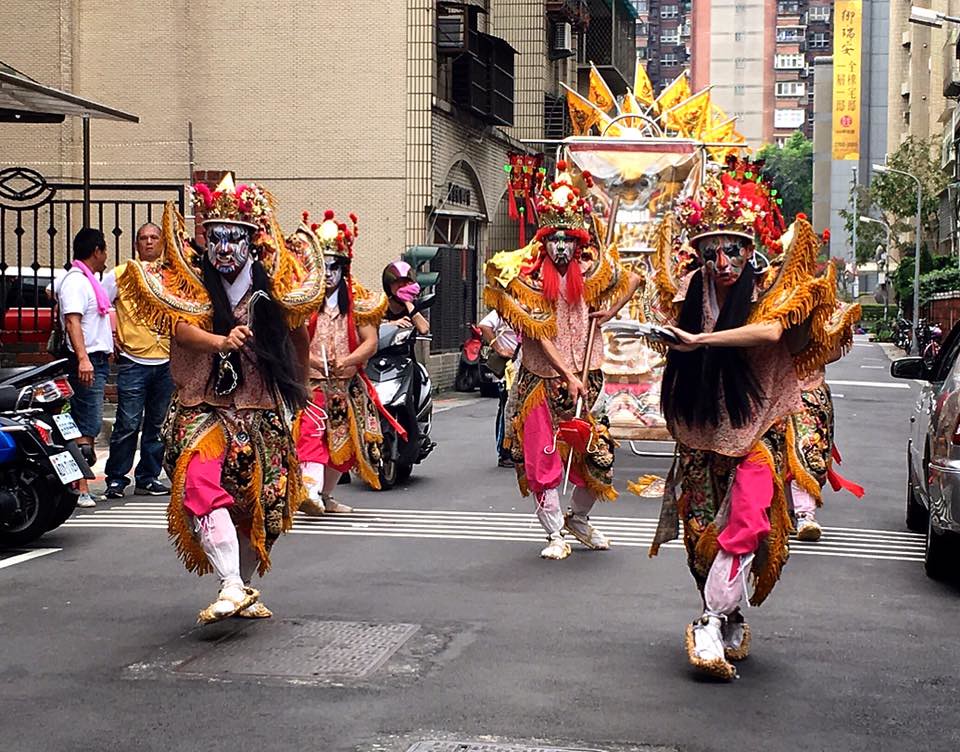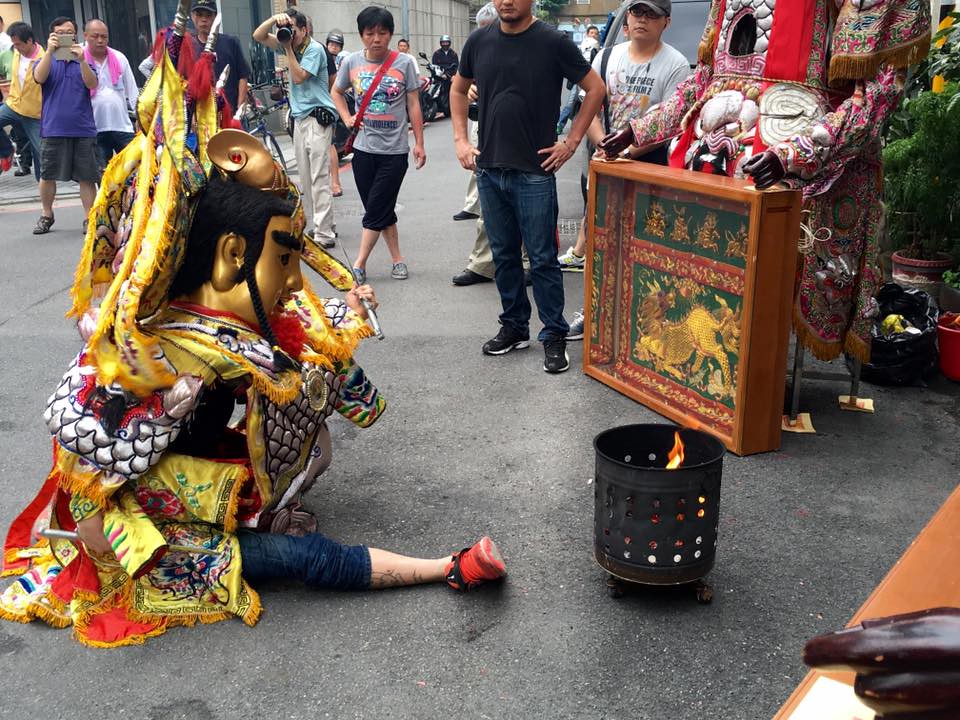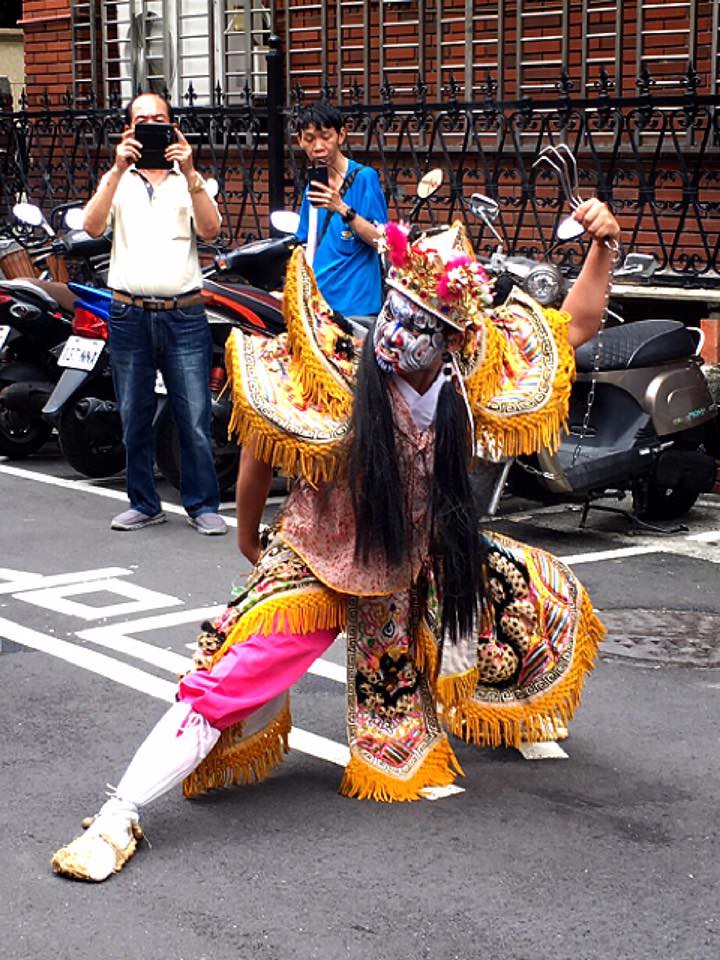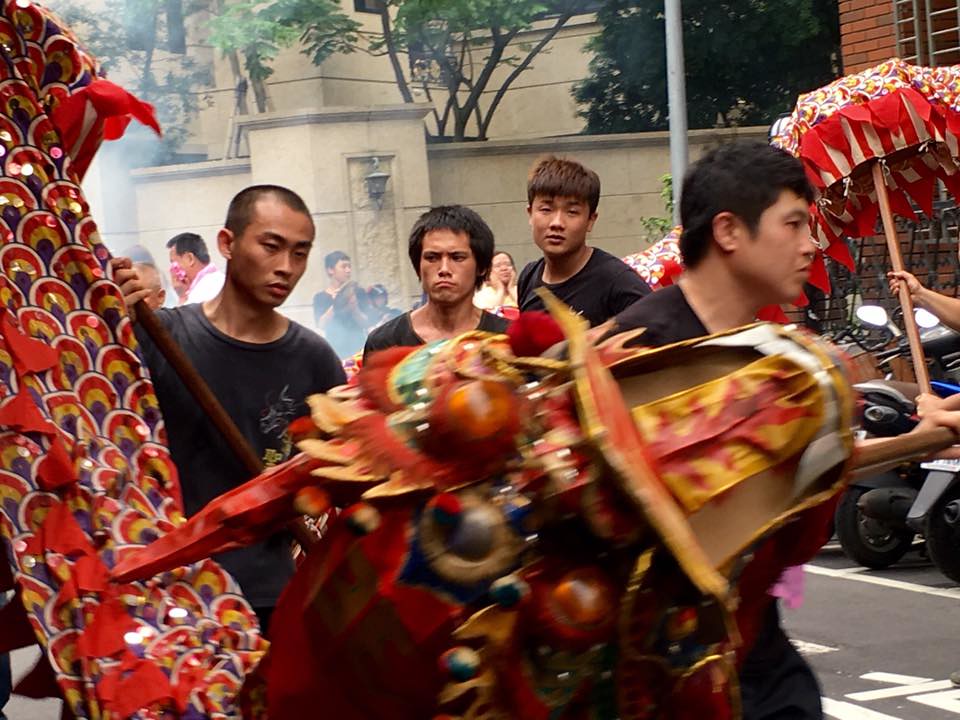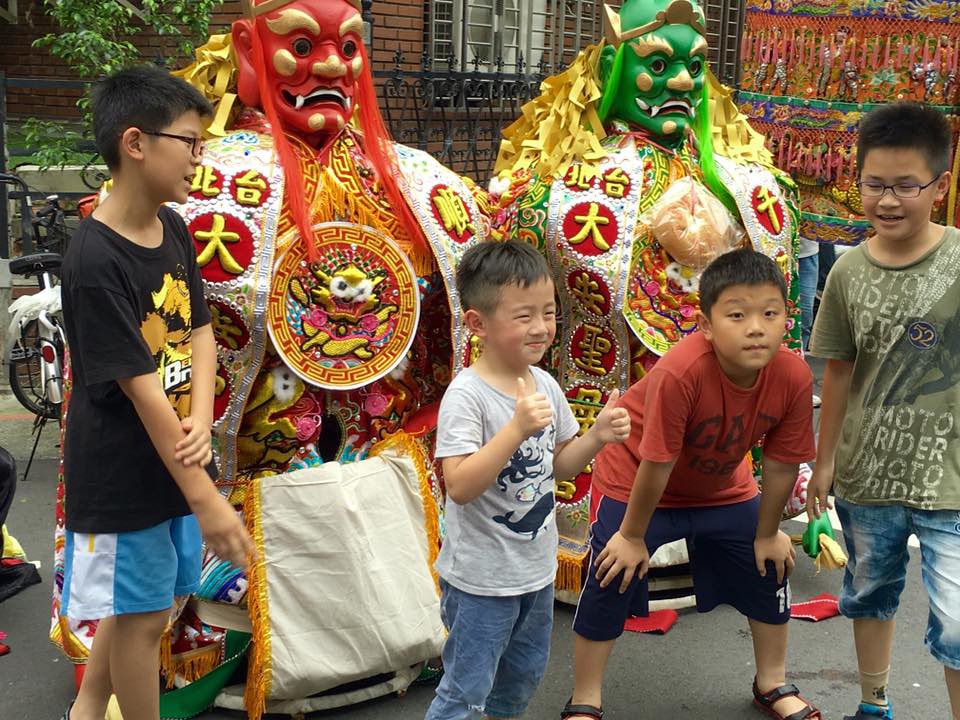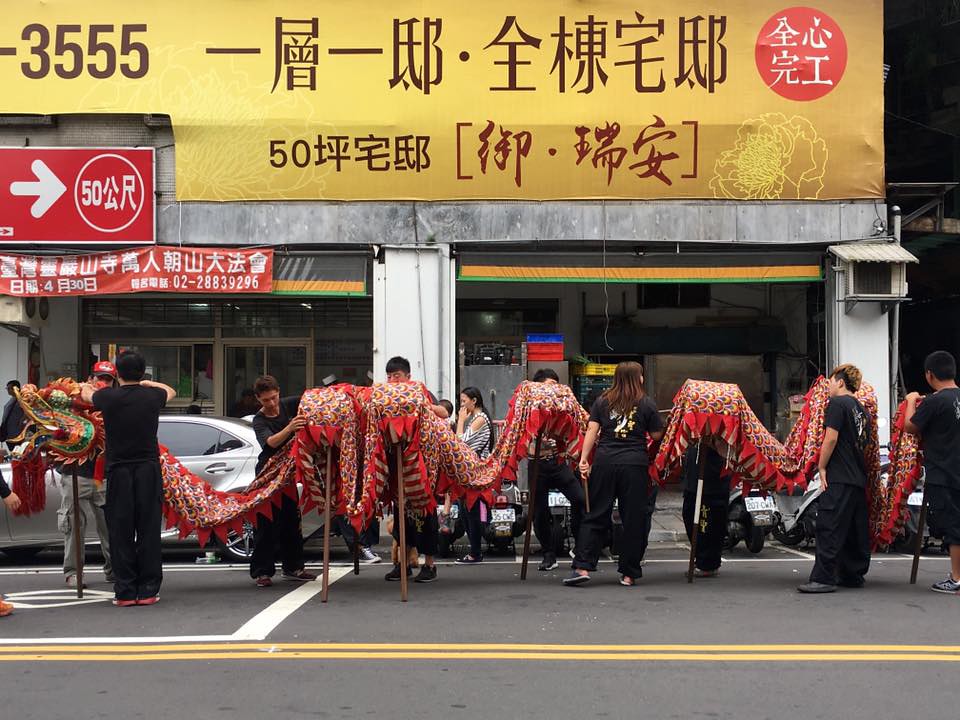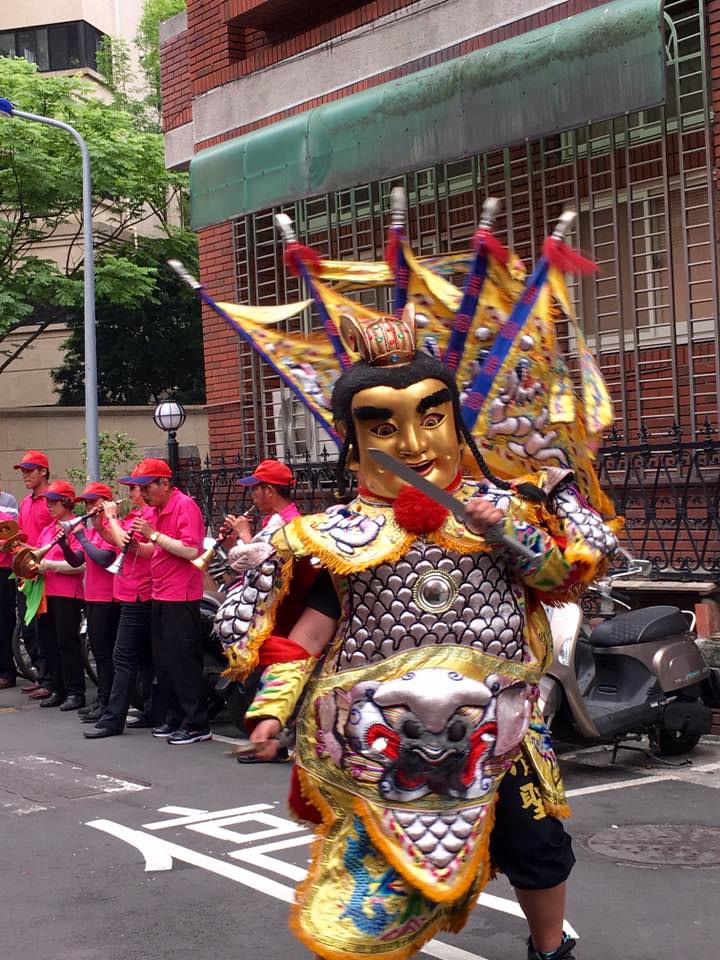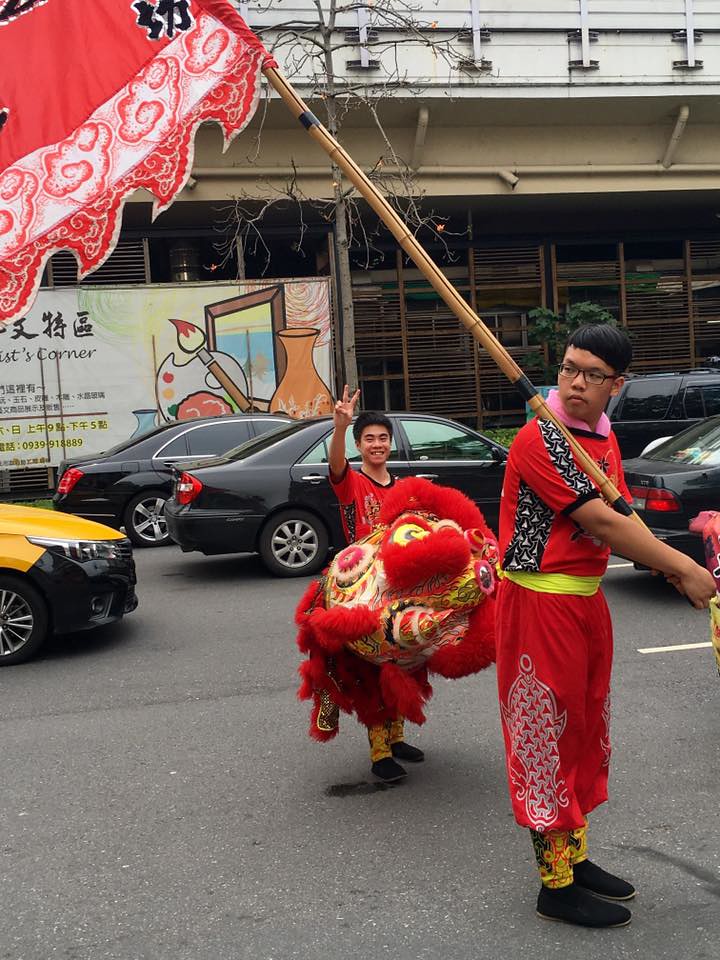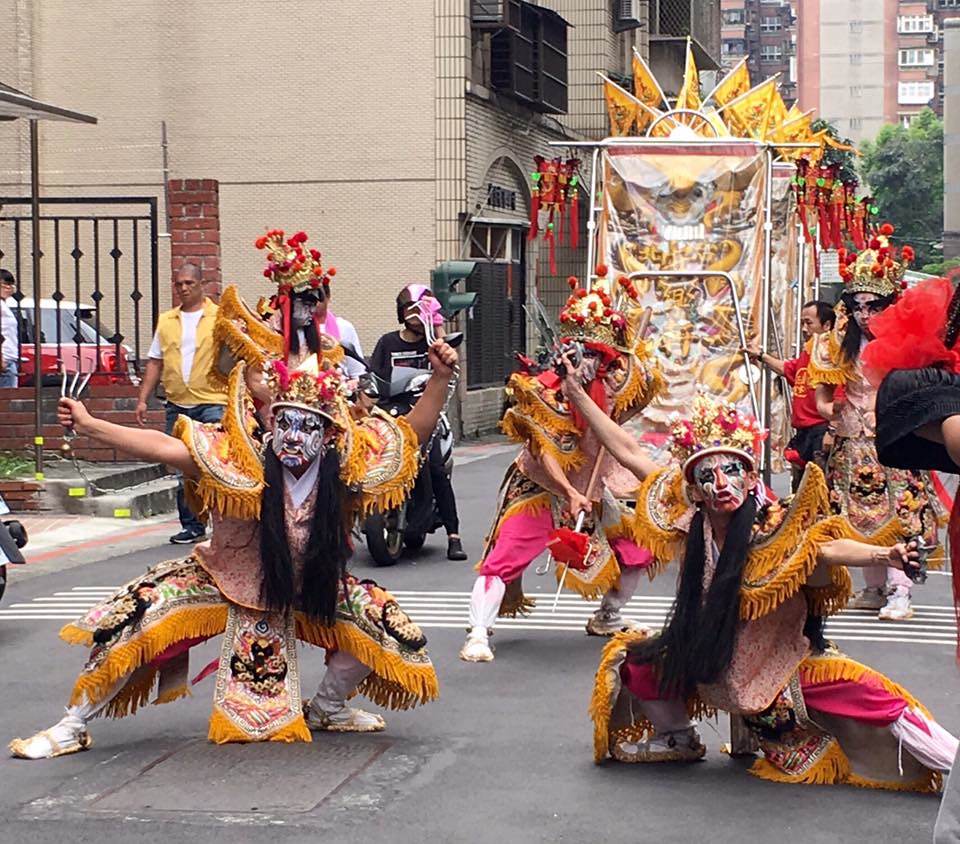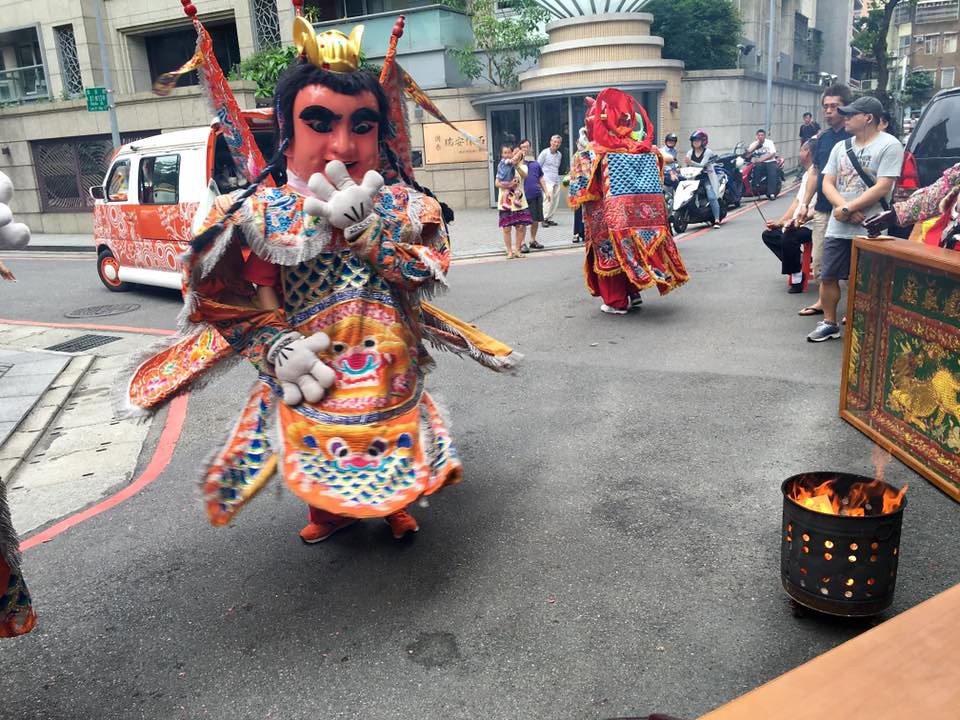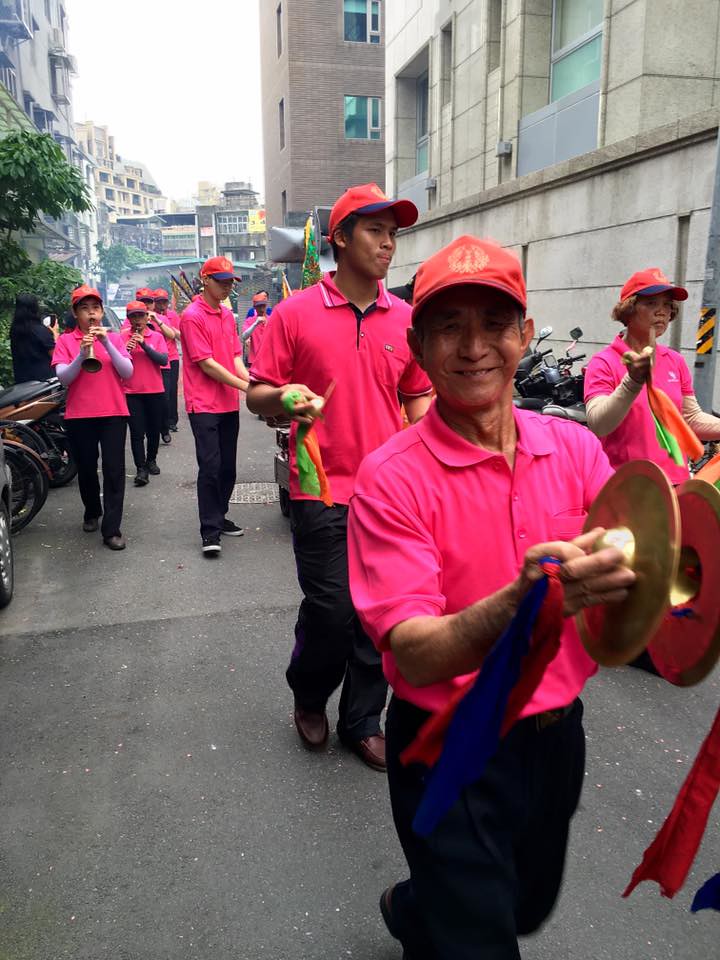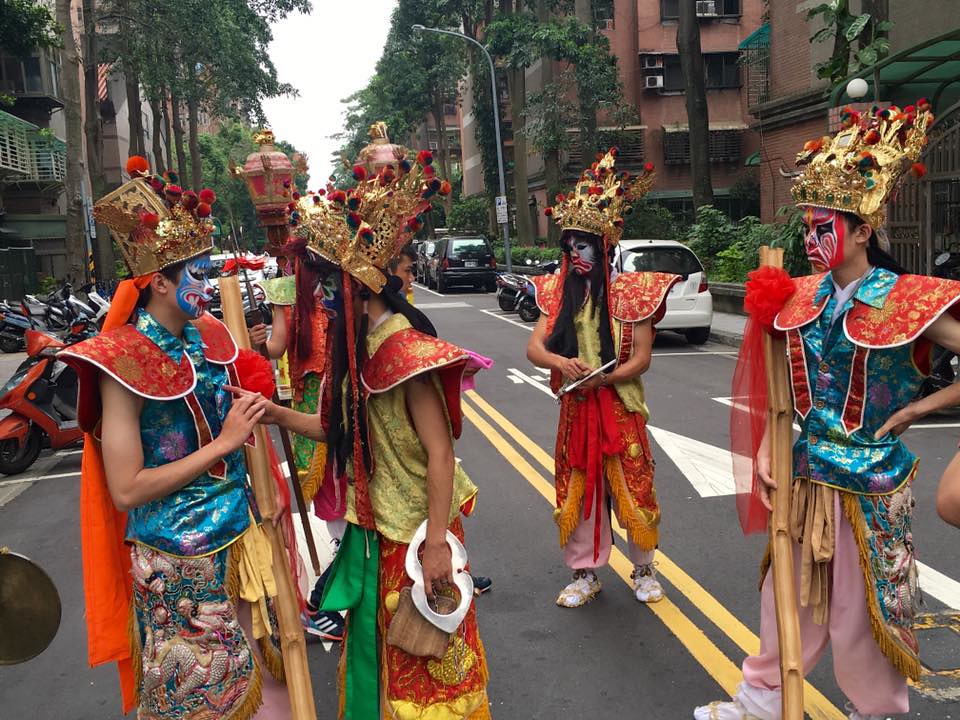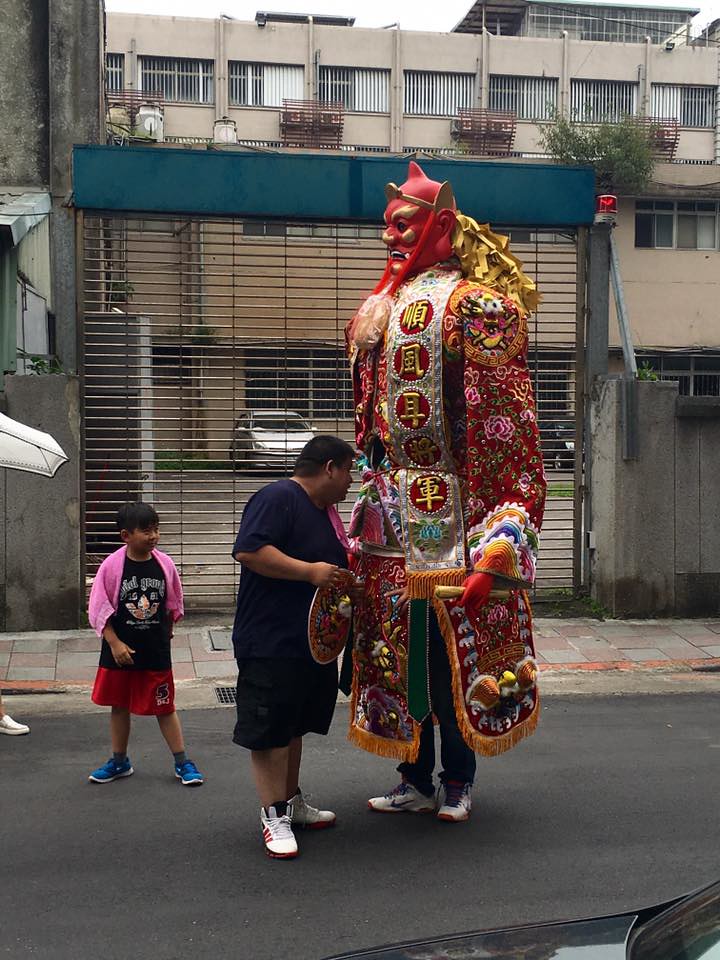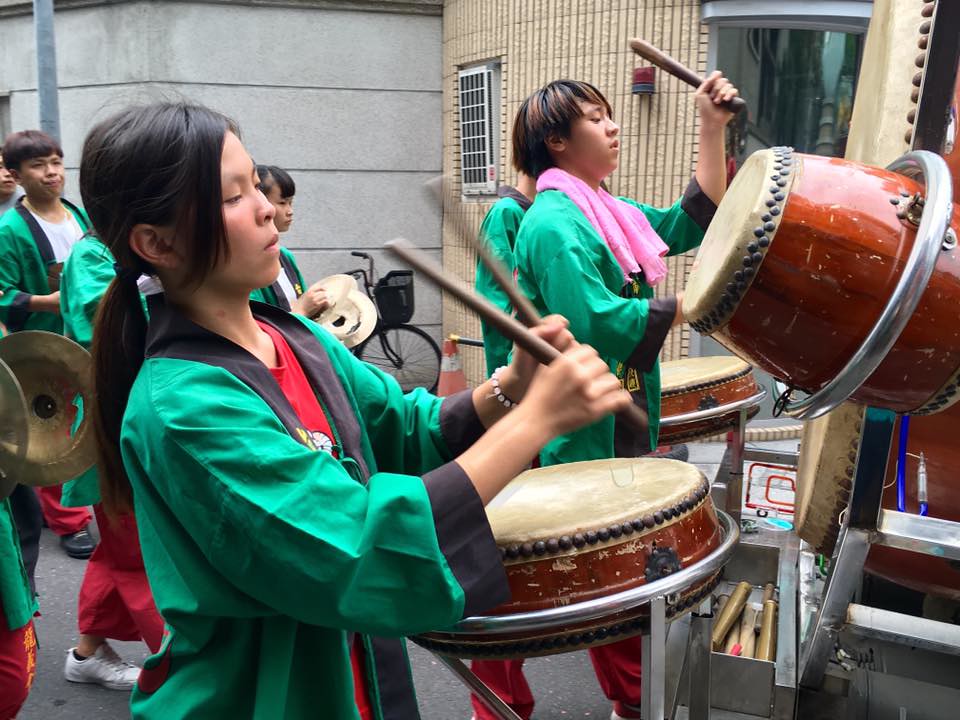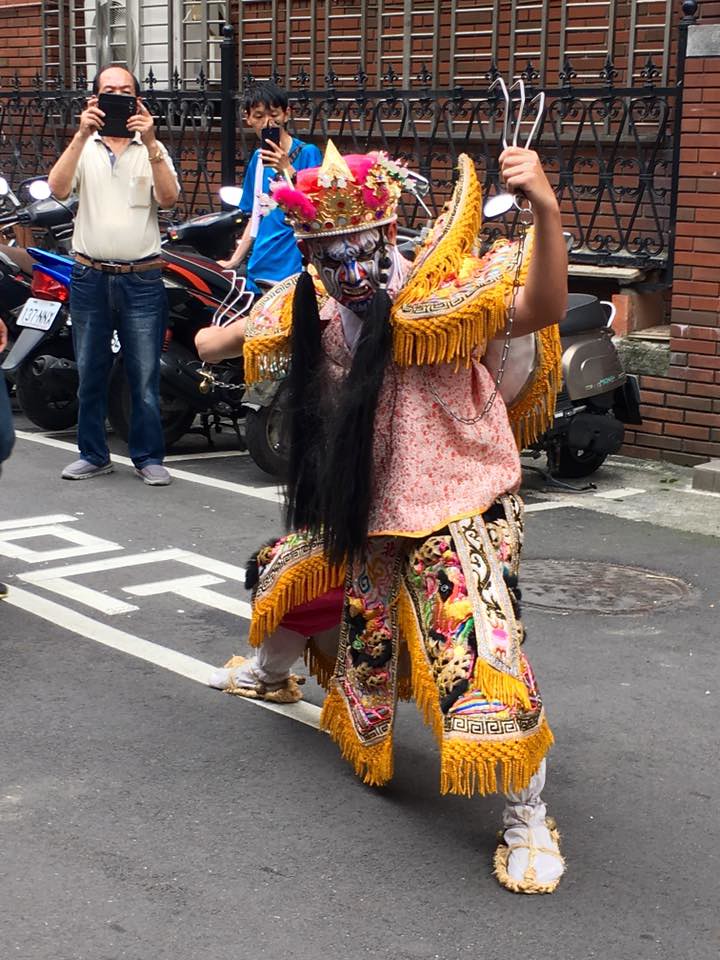I thought I was a little late to this party, but a quick look online shows that no, the only other person I can find who has actually reviewed
Officially Unofficial (and not on Amazon) is my
husband. Seems odd, I would have expected it to have been widely read and commented on in expat circles though not necessarily much outside Taiwan, but okay.
Brief recap - this is a memoir about moving to Taiwan, working one's way to national and international recognition as a journalist, coming to care deeply about Taiwan, and about Cole's time at the Taipei Times and his not-so-amicable split from them, as well as his own observations of the political and military goings-on from the perspective of a journalist with access to the key players.
First, what I liked about it. I can't find the specific reference but it seems that Cole arrived in Taiwan about one year before I did, and is older than me, but not by a huge amount. Which is to say, we experienced Taiwan at about the same time and at not terribly disparate ages, so it was fascinating to look back at the experiences someone else with a very different trajectory had during a time I was also in Taiwan and also learning how things worked. At many points, reading this filled in the gaps of news events and other important issues I was either too new to know much about or too busy with my own life trajectory to pay sufficient attention to (I wasn't that interested in Taiwanese politics until I had already been here several years - my interest bloomed just as I was starting to realize this could be a long-term home for me). I appreciated this quite a bit.
A few examples: I had been in Taiwan one month when the Red Shirts marched. I went and observed but didn't participate and didn't know much about it (nevertheless, being more knowledgeable now, I am glad to have seen it with my own eyes), so reading about how businesses at times paid employees to participate or donate was of some interest - especially as I went from a green organization (a large chain of language schools) to a blue one (a singularly awful 'management consulting firm' with great clients and terrible management) back to an apolitical-but-greenish-leaning one. I did notice that the blue one was a far worse place to work than the green or greenish ones, though.
I was also a Taipei Times reader when the quality started to suffer and I have to say, that one line in the book about how "readers noticed"...yes, we did. I did. I was one of them. I used to contribute the occasional reader editorial, but don't now.
Huaguang, Losheng sanatorium, Dapu, Want Want's Next Media acquisition? I was there for all of that too although, again, too busy with my own career path to pay as much attention as I should have. Reading this book filled in a lot of very useful blanks.
My mother was a journalist, so it was equally fascinating to me to read about how other journalists got to where they were and how they worked, as well. Although I have a lot of respect for (most) (good) journalists, the kind who really live up to the industry's standards of professionalism, it cemented my choice way back in the day not to pursue that career path. That is not meant as a jab at Cole, the profession, or any other journalists - it's just not for me. The low pay, long hours, poor treatment and lack of freedom and free time to pursue other interests? As a young arrival to Taiwan I was only willing to put up with perhaps one of the above, and now that I'm older I'm not willing to put up with any for any appreciable amount of time. The idea of only having 7 days off per year indefinitely, for example? Not acceptable.
In Cole's shoes I would have flamed out at the Times far earlier than he did simply because I'm not willing to do work towards an item for publication that will make someone else money on my day off, and not willing to put up with much bullshit. I also probably have a shorter temper. If that's what you have to do to break into journalism, then it's not for me and I'm quite happy I realized that early on (when I considered, and ultimately rejected, the idea of double majoring in journalism back in college).
It also helped me better articulate, oddly enough, how and why I chose teaching as an actual career and not something one does for a few years before moving on. It is a career - a profession. One would never call a math, science, history or literature teacher someone who "does it for a few years then moves on" (though some do) - they train to become professionals, and they are. So, when Cole subtly disparaged the teaching profession a few times in this book, as though it were somehow beneath him, it caused me to realize that no - I worked hard for my degree and my job is no less respectable than that of a journalist. It reminded me that I chose this and I trained for it in lieu of pursuing other careers (I used to work in finance, and have been offered non-teaching jobs which I have turned down) and no detractor can take that away. It is not 'beneath' anyone unless they don't know what being a professional educator actually means.
It reminded me, while reading about events that happened while I was busting my butt doing a Delta that, hey, it's okay that maybe I let my political observation slide a bit - I was busting my butt doing a Delta! It is absolutely fine that rather than go down and see the Huaguang protests for myself, that I was reading a book on discourse analysis. That rather than read every article on the Next Media acquisition that I was improving my knowledge of language systems. That it was perfectly logical for me to have been honing my knowledge of training practice and theory, language testing and assessment and various pedagogical approaches as well as doing data gathering on a group of real students rather than watching political events during the lead-up to the Sunflower occupation. I did it for my career, and now it's time to go back and fill in what I missed (you may have noticed that there were a few quiet years on this blog as well - now you know why.)
It was engaging, informative reading providing angles and backgrounds to things I either didn't know much about or missed due to my own studies.
In short, there was quite a lot to like.
Let's talk about the things I didn't like.
I noted there were a few inaccuracies in his portrayal of the ELT industry. Most importantly, that in his time drafting articles for an English teaching magazine, rather than realize that the reason it wasn't fulfilling was because he didn't know what he was doing, he just immediately reverted to the idea that it was "beneath him". Sure, it's easy to think that way if you have no background in second language acquisition, materials or curriculum development, scaffolding, early childhood education (for the articles aimed at kindergarteners), text-based language extraction pedagogy etc., it's easy to think any idiot could do a perfectly good job and smirk at such work. That's why so many such publications (and schools) in Taiwan are sub-par. For a real professional, such work would present a chance to grow and develop text-creation and other curriculum development and pedagogical skills. Simply put, he thought the job was beneath him because he was a hack at that particular job, and the crappy company he worked for doesn't do the profession any favors, either.
Moral of the story? Get your facts right before you write about a profession you know nothing about.
And finally, okay, look. This author didn't care for the book being in the third person, which creates not only wonky referencing but a sense of pomposity that just doesn't need to be there. It was a poor narrative choice that detracted - and distracted - from the otherwise very interesting story, she said. But, beyond that...how does she say this?
When a fairly large section, and several passages interspersed later through the narrative, reference how much one has read in such a way as to come off as bragging about how well-read one is rather than telling a good story about a journalist's life in Taiwan which is all I really want to read about, one comes off as...well...also a bit pompous if not outright sybaritic. I didn't think those paragraphs added much to the overall story. He's a good journalist and well-read, we get it. If he had interwoven observations and references based on his wide and diverse reading it may have come off a little better. As it was I was not terribly interested in paragraphs about all the stuff he's read. Great. I've read a lot of it too. Do you want a gold star?
That, and his disparaging of English teachers (discussed above) and bloggers (discussed below) were the book's greatest weaknesses. I would not go so far as to say it caused me to dislike Cole. I have respected and will continue to respect his excellent work, and having never met him, it is not fair for me to make any such judgments. But, you could say it put me off a bit. I can see why Ben Goren called him "
alienating", although I have no such personal story to corroborate that. That said, we have a rather large number of mutual friends, people I respect immensely, so perhaps he is more likable than he at times comes across in this book.
As for the bloggers, because I seem determined to make this review as long and messy as possible, I find a lot to disagree with. There are plenty of idiots, but there are also plenty of excellent Taiwan bloggers. I won't go so far as to group myself in with them - at the end of the day I'm a loud woman with opinions and a platform and that's about all, and I write
Lao Ren Cha for personal pleasure rather than to try and get readers - but it is quite unfair to imply that excellent personal blogs that comment on politics, such as
The View from Taiwan, Letters from Taiwan and
Frozen Garlic are amateurish or beneath Cole's own work (I do not imagine that my blog was in any way considered as an instigator of those comments, simply because I assume Cole doesn't read it, nor, given my proclivity for sailor-mouthed vulgarity, should he necessarily do so!) What really bothered me was his assertion that such people, who don't have the access he does, "shouldn't" have a voice. To quote my ever-oratorically-appropriate cousin, you can fuck right off with that.
Nobody gets to decide who "should" and "shouldn't" have a voice. That's for a bygone era. Now, everyone with a computer and rudimentary writing skills has a platform, but that does not necessarily mean they have a voice. You can get a free blog and write what you want, but if what you write is crap, nobody is going to read you (or at least not anyone in any great enough numbers to matter). The readers decide who has a voice or not with their clicks and eyeballs. The downside of that is not that unqualified people comment, but that qualified people feel reduced to creating clickbait headlines and going after angles that will hook readers rather than the story people actually need to know. That's why Taiwan is so often shoehorned into stories about China. In the end, though, good people do tend to stand out and get readers, and incompetent ones don't get read and don't get link-backs. The readership tends to sort the wheat from the chaff pretty accurately I'd say.
I'd also like to note that towards the end of the book he writes about how mainstream media is failing and alternative media is increasingly becoming the place to turn to. Wouldn't that also include personal blogs?
Such comments, again, only serve to put readers off Cole's larger narrative by dint of making him seem like a less likable, more priggish person than perhaps he is.
I'm also curious who these bloggers who "revile" him and other journalists are. Seems to me most decent bloggers are big fans of Cole's work, myself included. He seems to group them in with the "white wise men" he so often references, but I honestly don't have a clue, blogger-wise, who he is talking about unless there are a ton of blogs I haven't noticed. For now, though, I feel like he's describing a world at odds with my observations.
A few quibbles before I finish this.
I was happy to see in the Afterword that he changes his previous "the KMT is not so bad, they are a modernized political party functioning in a democracy" into something more realistic. I may strongly dislike the KMT as a whole, but I do realize that individuals within it are not all necessarily evil, corrupt, chauvinistic or incompetent. I also appreciate that not everything reported as done by the "evil underhanded KMT" went off exactly as it was reported by pan-green publications and that not all pan-green politicians are great people or good leaders.
However, the idea that the past is the past and now they're a perfectly normal political party? No, again, you can fuck right off with that. A normal political party doesn't withhold transitional justice or try to ignore-away its past the way the KMT has. They don't keep records from the Martial Law era sealed to a large degree and hold the line that victims and their families - many of whom still don't know what happened to their ancestors - should just forget it and move on. As the descendant of genocide survivors who are also being told to "just forget it" by the Turkish government, in my gut I feel that that is simply not acceptable and is proof that the KMT is not, and likely never will be, a normal and modernized political party.
Furthermore, this idea that these "white wise men" Cole references parroted the DPP party line for years, which was both self-serving and self-defeating, and that they called the youth and their critics "brainwashed" by the KMT. Certainly a few did do that, but what I saw during the Ma years was those "white wise men" (who all seem to think they're freakin' Confucius) towing the KMT, not the DPP, party line! It was all about how ECFA was good (it wasn't), the economy was bad under Chen but good under Ma (not true), that closer ties with China was invariably and in every situation a good thing (wrong again), the DPP were "troublemakers" (nope) and pro-independence "agitators" were the "brainwashed" ones, and the students impetuous and naive. All that nonsense. Maybe it was because I stopped reading the Taipei Times soon after its quality dropped, but unless I'm living on a different planet, the commentary he heard and the commentary I heard was quite different indeed. Any given Economist article on Taiwan from that time period will show you what I mean.
I have a few things to say about noting that a journalist was "female" without that adjective being necessary, the ridiculous Taiwan/Israel comparison (don't get me started on that) and the unnamed-but-we-know-who-it-is reference to Ralph Jennings (the short of it is that my reasons for disliking Jennings have nothing to do with his wife, whom I hadn't known and don't care is Chinese). I'll save all that for another time, maybe.
I'll end with this: despite its flaws, it was an engaging book and quite fascinating to read about someone else's experiences in Taiwan just as I was having my own, very different, experiences. I enjoyed some but not all of the autobiographical elements, overall wanting to know more about Taiwan. So, in the end, I have to say it has whet my appetite for Cole's next book,
Black Island, which I have the feeling I will enjoy even more.

